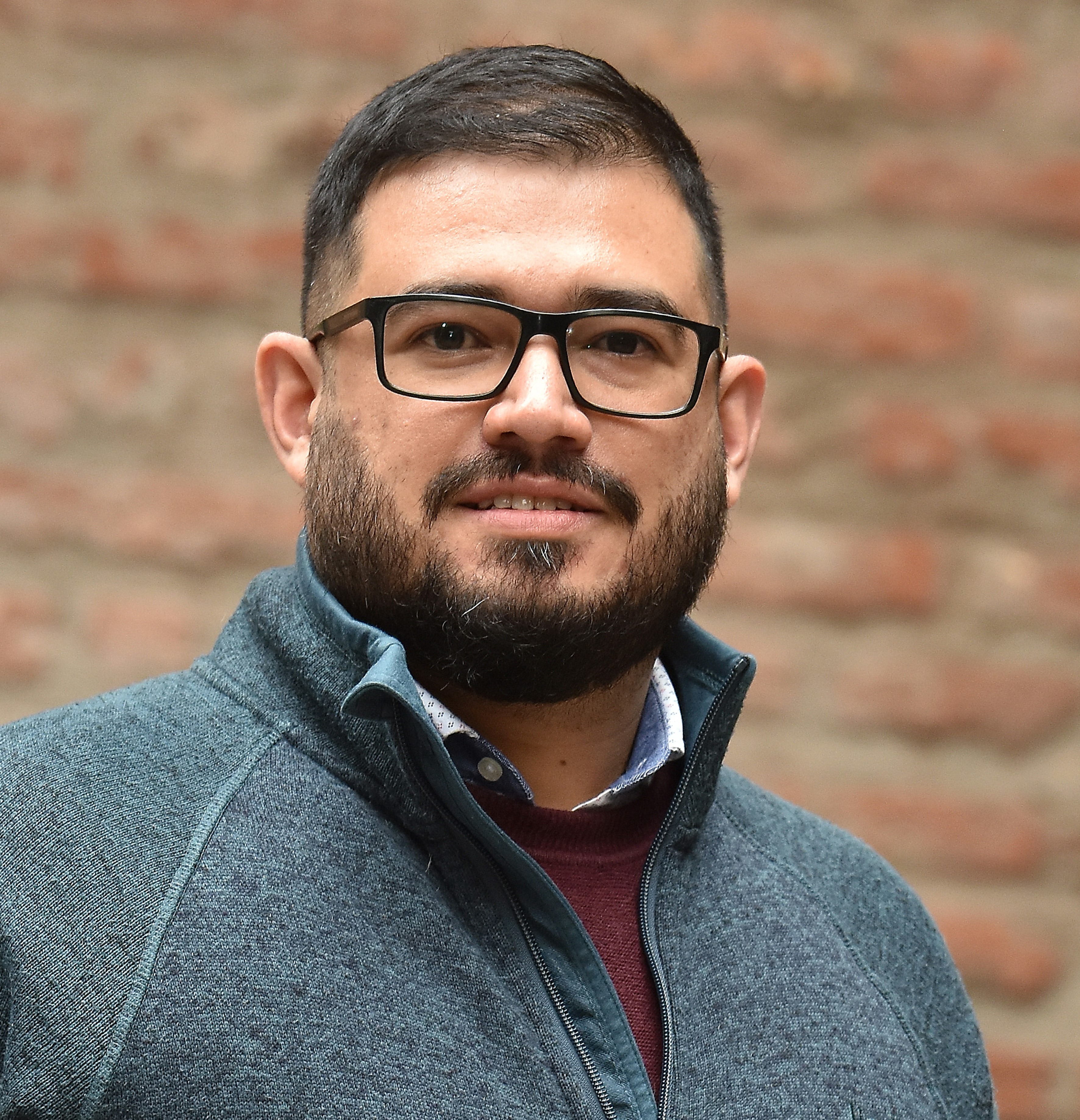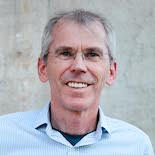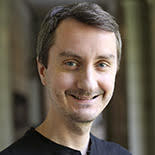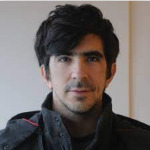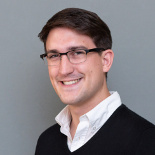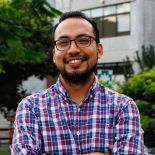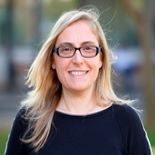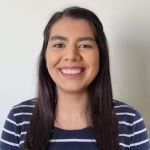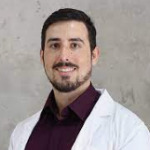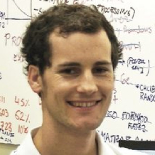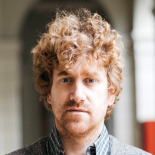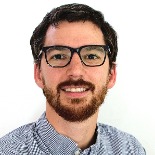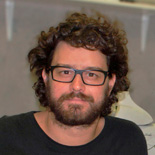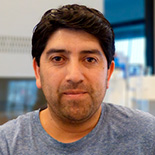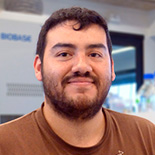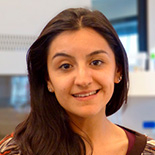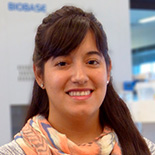Dr. Botnar received his PhD in technical sciences from the ETH Zurich.
In 1997, he joined the Cardiac MR Center at the Beth Israel Deaconess Medical Center and Harvard Medical School, which was one of the very first MR Centers specifically focused on cardiovascular MR. Under the leadership of Dr. Warren Manning, he developed non-invasive free-breathing coronary MR angiography as an alternative to invasive X-ray angiography, which is now available on all most MR scanners and is clinically being used for the detection of congenital heart disease and anomalous coronary arteries. In 2003 he was appointed to Scientific Director of the Cardiac MR Center and in 2004 to Assistant Professor of Medicine at Harvard Medical School.
In 2005, Dr. Botnar accepted a Professorship of Biomedical Imaging in the Nuclear Imaging Department at the Technische Universität München (TUM) where he worked closely with Radiology and Cardiology to facilitate clinical translation of cardiac MRI.
At the end of 2007, he joined the Division of Imaging Sciences and Biomedical Engineering at King’s College London where he was Chair of Cardiovascular Imaging and Head of the Biomedical Engineering Department and where he setup a cardiac MR program with a special focus on the development of novel MRI pulse sequences, image reconstruction, motion correction and quantitative imaging techniques for early diagnosis of cardiovascular disease in addition to pre-clinical and translational multi-modality imaging.
Dr. Botnar is a Fellow of the International Society of Magnetic Resonance Imaging in Medicine and the Society for Cardiovascular Magnetic Resonance and was chair of the ISMRM (2021-22) and ESMI (2019-20) cardiac MR study group. He is an Associate Editor for the Journal of Cardiovascular Magnetic Resonance and Molecular Imaging and Biology and has published more than 350 peer-reviewed original and review articles and holds 12 patents related to MRI technology.
Currently, he is the Director and Full Professor at the Institute of Biological and Medical Engineering of the Pontificia Universidad Católica de Chile (IIBM UC).
His research group at IIBM UC is working on the development of novel MRI pulse sequences, motion correction and quantitative imaging techniques, including artificial intelligence for early diagnosis of cardiovascular disease, as well as molecular MRI of atherosclerosis and myocardial infarction using new target-specific contrast agents (elastin, collagen, albumin, fibrin, macrophages, oxLDL). His research is funded by a Fondecyt Regular, and he is an investigator of the Millennium Institute of intelligent Healthcare Engineering (iHealth) https://i-health.cl/, Fondequip Mayor “Low-field MRI” and co-director of the Basal Centre “Interventional Medicine for Precision and Advanced Cellular Therapy (IMPACT)” https://bit.ly/3mcCmkl.
Education
- M.Sc. Physics, Karlsruhe Institute of Technology, Karlsruhe, Germany, 1992.
- Ph.D. Biomedical Engineering, Swiss Institute of Technology (ETH), Zurich, Switzerland, 1997.
Research lines
- Magnetic Resonance Imaging
- Signal Processing
- Atherosclerosis
- Biological Imaging
- Imaging Probe Development
Supervised students and researchers
Undergraduate
Graduate
Researchers





